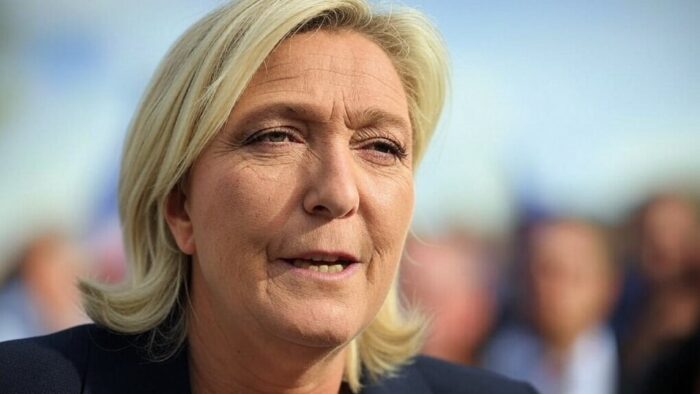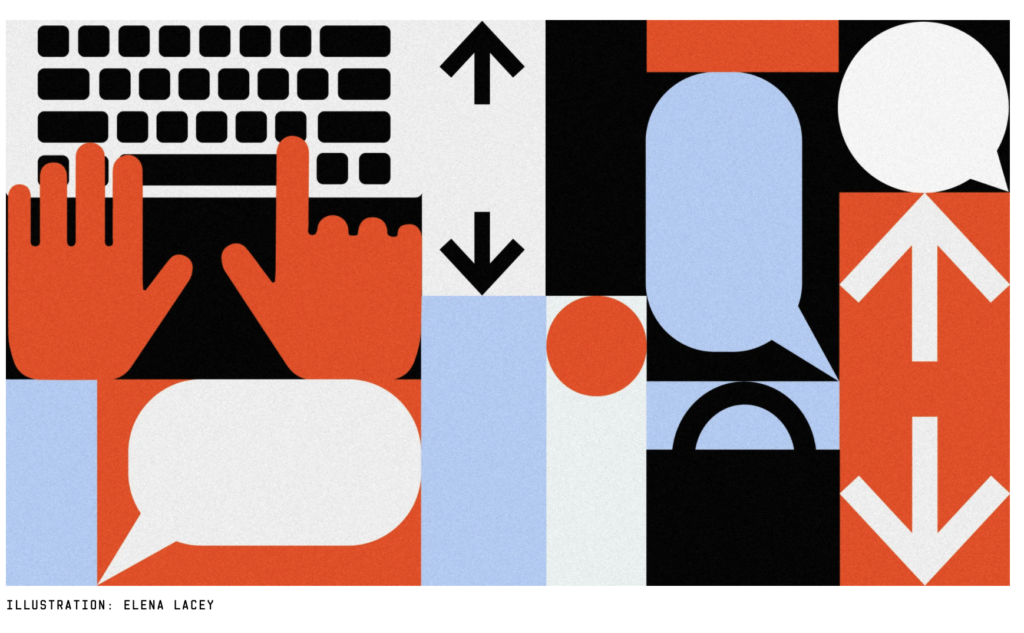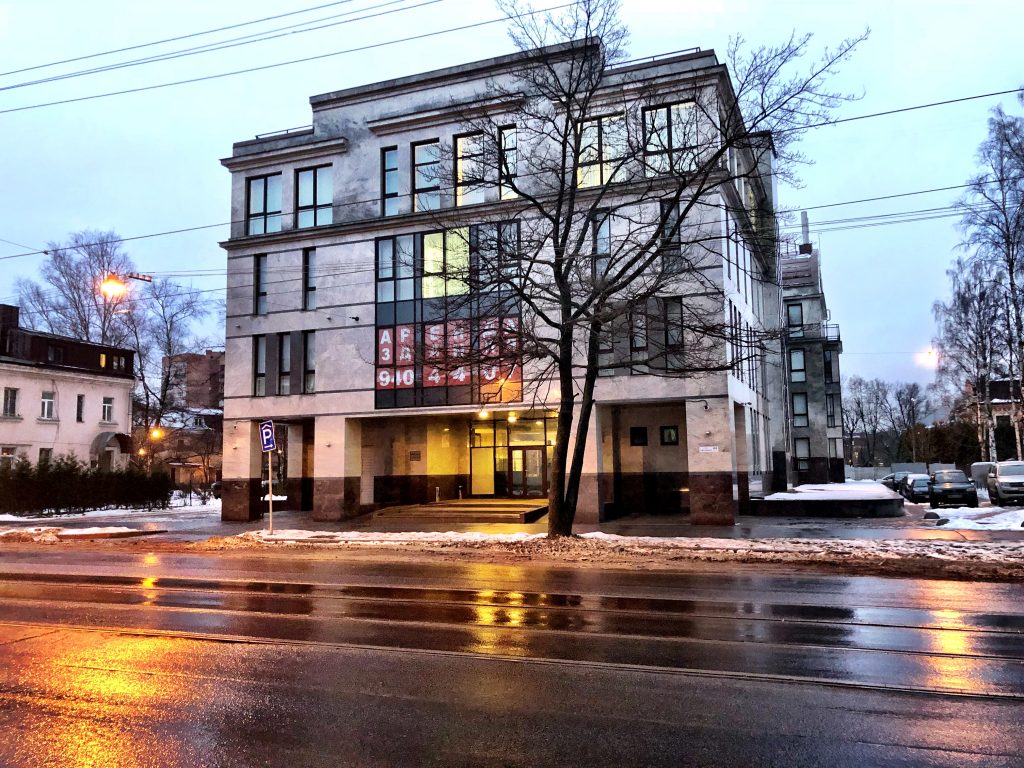Ukrainian media has published an interview with what is described as “a professional internet troll” said to be a Ukraine-based employee of a post-Soviet troll farm. The interview is described as “a candid confession of the techniques he and his fellow trolls use to drive social media users bonkers — and to suppress dissent in post-Soviet countries.” According to the Euromaidan article:
March 20, 2021 Our interlocutor works remotely from Kyiv with a bot farm of one of the post-Soviet countries. He claims he got the job on the recommendation of acquaintances as a “social media management (SMM) assistant.” They said, “a person is needed before the election.” […]
The main purpose of the bot farm where the troll works is to support the current regime in this country. That’s why he is convinced that their actions are supervised by representatives of local state security and internal intelligence agencies. And they, in turn, have close ties with their counterparts in Moscow, as in any CIS country under Russian influence.
To confirm his words, the troll says that the bot farm is actively promoting such messages as the harmfulness of “color revolutions,” the idea of “brotherhood with the Russians” (both narratives are popular in Russian propaganda targeted at the ex-USSR republics or “near abroad” how the Russians call them, – Ed.) […]
Only approved comments can be further placed under the posts. If you post an unapproved comment or one that does not match the “vector,” you may be fired. On their shift, each troll would process at least a dozen links, that’s about 100 comments.
Read the rest of the article here.
The interviewee claims that internet trolling is part of the overall crackdown on dissent in the country he works in and that the trolls are trying to provoke activist opponents of the regime on social media until they “go bonkers” and say things that can get them fired or end up imprisoned. The interviewee also says he uses platforms such as Facebook, Instagram, YouTube, Telegram, and Vkontakte while he is avoiding Twitter because it’s not popular in the country he is working for.
Past Global Influence Operations Report (GIOR) coverage of internet troll farms includes:
- In March, we reported that Chinese trolls targeted the UK public broadcaster BBC in a coordinated influence operation aiming to undermine trust in BBC’s reporting on China.
- In January, we reported about an Iranian disinformation campaign that included fake articles pushed by trolls based in Iran.
- In November, we reported that Facebook banned a US domestic troll farm supporting a pro-Trump youth organization.
- In October, we reported that Facebook removed a network of accounts tied to Russia’s Internet Research Agency that spread content critical of Democratic nominee Joe Biden.
- In October, we reported that trolls associated with Russia’s Internet Research Agency sought to boost the role of conspiracy theories promoted by QAnon.












